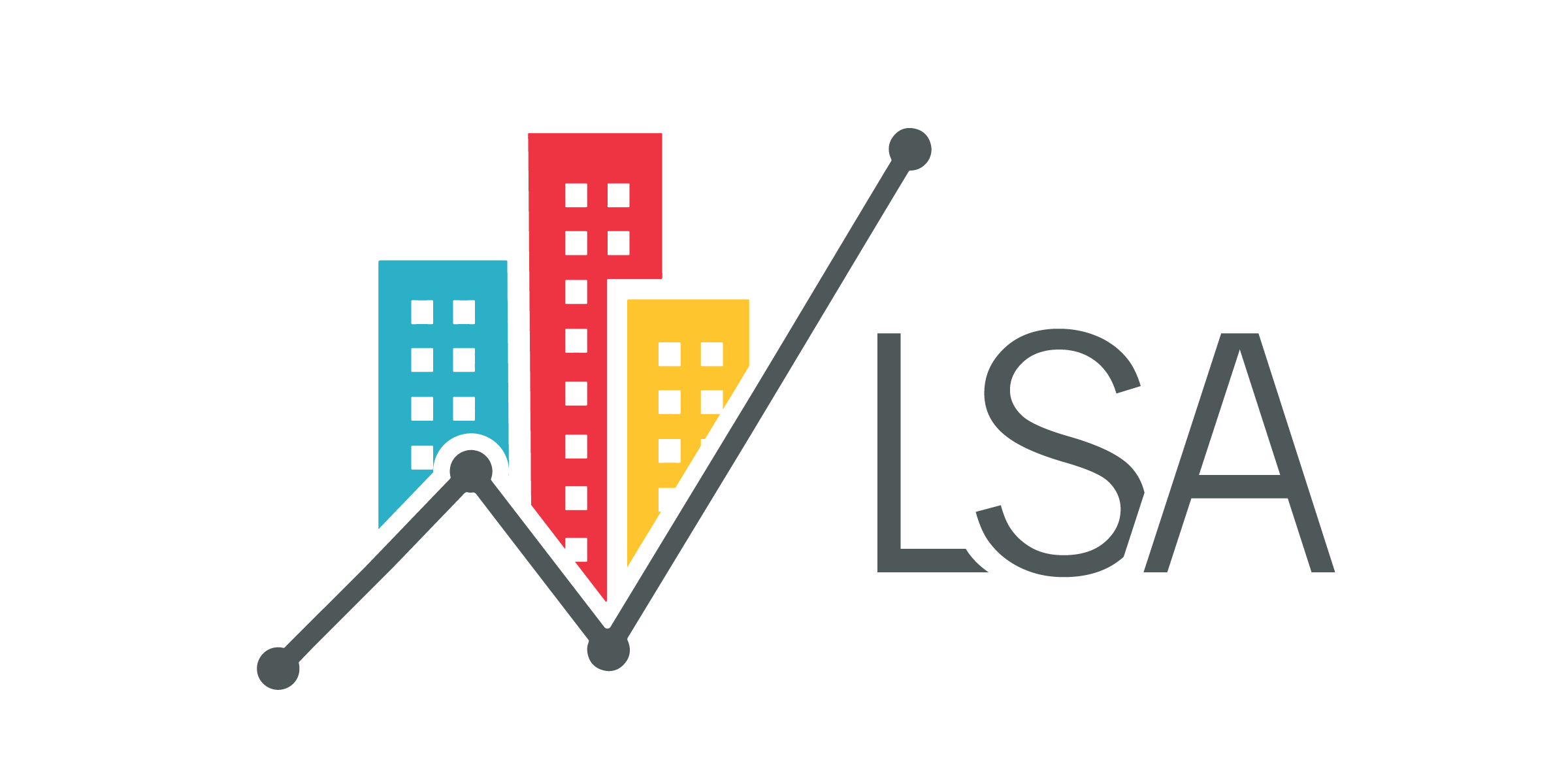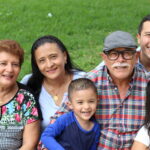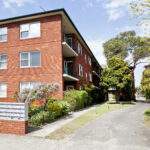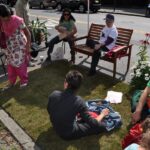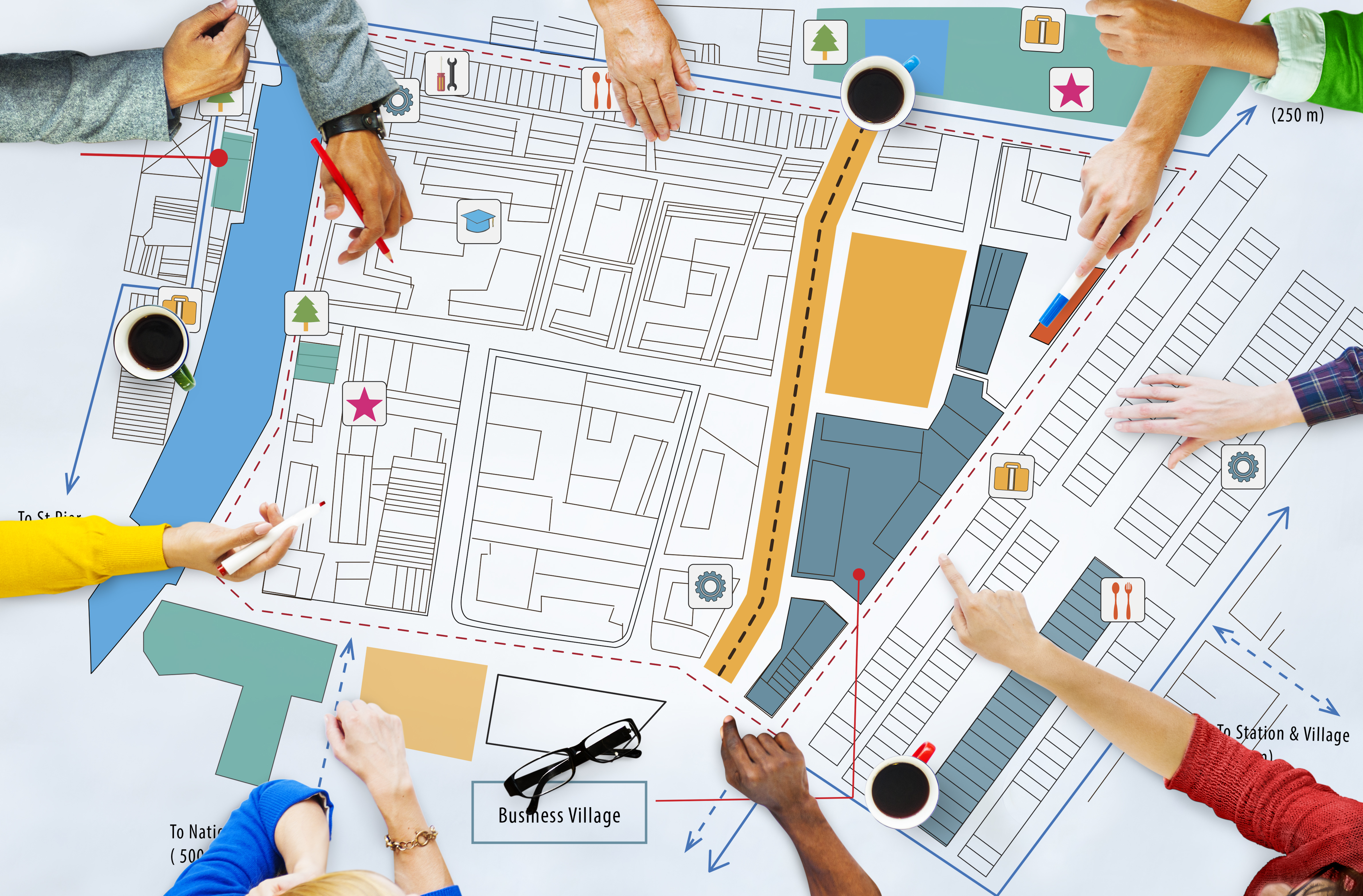
The Local Solutions in Action series highlights strategies for expanding housing options and increasing housing affordability. The focus is on land use, zoning, financial and other regulatory tools that are available to cities, counties and towns that can be used to meet the housing needs of their residents and workforce.
Form-Based Code
A form-based code is a land development tool that is designed to regulate physical form, rather than specific use (e.g., commercial, residential). A form-based code is a regulation, not simply a guideline, adopted into local law. Communities often pursue form-based codes to attempt to create denser, more walkable, mixed-use neighborhoods.
A form-based code can facilitate the production or preservation of affordable housing by writing affordability requirements into the code. Higher densities also sometimes make it more feasible to produce below-market rate housing units. Finally, a more predictable, streamlined review process under form-based code can help reduce the overall cost of development, making it easier to produce affordable units.
Often under a form-based code, developers are able to take advantage of higher allowable densities and more limited community review processes. However, local jurisdictions should invest considerable time upfront to get community input on the parameters that will shape the requirements under the code.
In Arlington County, Virginia theColumbia Pike Neighborhoods Form-Based Code applies to multifamily residential areas along Columbia Pike that surround its commercial centers. This zoning district provides incentives for revitalization and guides redevelopment along the corridor. The Neighborhoods Form Based Code will facilitate the preservation of 6,200 affordable housing units, encourage higher density development and connect housing to plazas, open space and transportation.
Nashville, Tennessee has adopted a Downtown Code. This form-based code offers bonus height for affordable and workforce housing, among other public benefits. There is no review of architectural designs; rather there is a “community character manual” that guides development.
Let us know if we can provide additional information on local housing solutions! Email us or call 703-598-1220.
